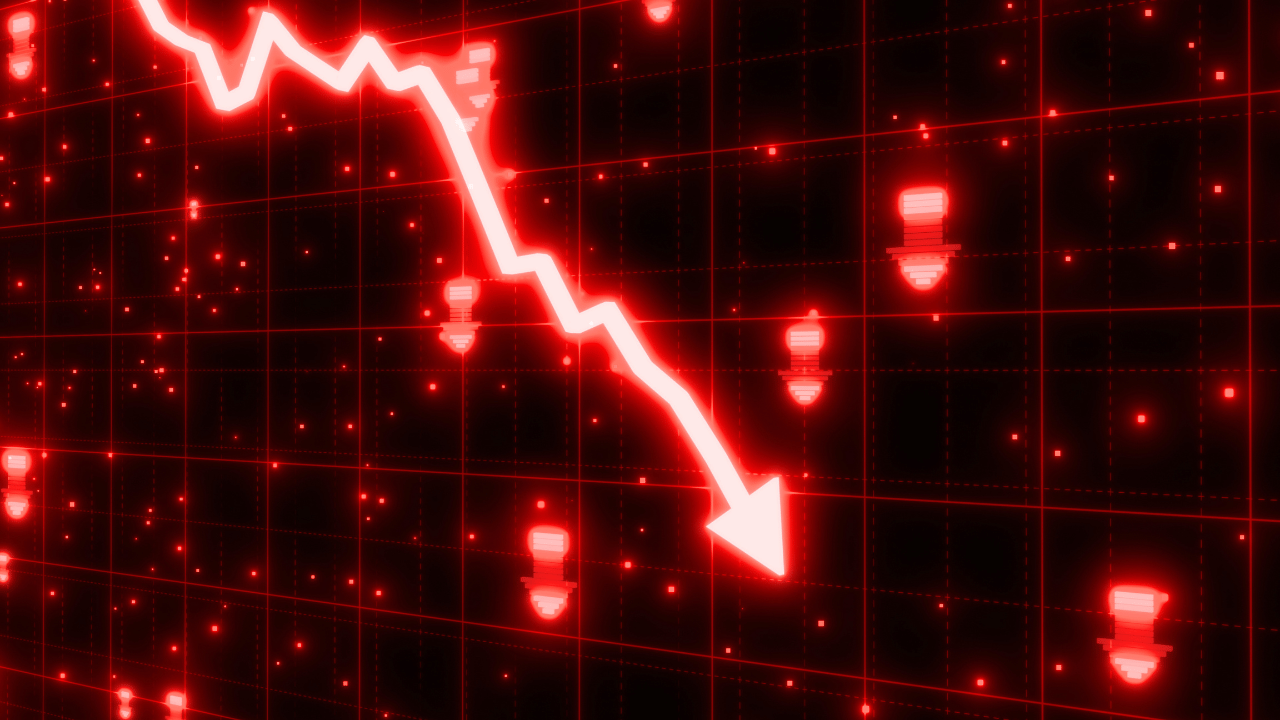There is A LOT going on between Elon Musk and President Trump right now.
Elon seemingly is upset with Trump's new bill and has taken to social media to voice his concerns.
Trump responded and now they are going back-and-forth while Tesla stock was crumbling because of it.
Tesla Stock Tumbles as Musk-Trump Alliance Crumbles into Public Feud
Tesla investors are reeling after the company's stock plummeted over 14% in a single day, a dramatic drop fueled by a new, high-profile rift between CEO Elon Musk and President Donald Trump. The public falling-out, which erupted over a massive spending bill, has amplified existing concerns about Tesla's brand identity and future growth, leaving the electric vehicle giant caught in a political crossfire.
The feud ignited just days after Musk was given a send-off from the White House for his work leading the “Department of Government Efficiency.” In a sharp reversal, Musk took to social media to blast a Trump-backed spending bill, calling it a “disgusting abomination that will increase the deficit” and adding, “shame on those who voted for it.”
The sudden criticism from a recent ally prompted a direct response from the administration. While one official expressed disappointment, President Trump himself pulled back the curtain on the dispute, suggesting Musk’s anger was rooted in self-interest. According to Trump, Musk was upset because the bill eliminates the EV tax credit—a key subsidy for Tesla—and because the administration had withdrawn the nomination of Jared Isaacman, a Musk ally, to lead NASA.
“Elon's upset because we took the EV mandate,” Trump stated, adding that he didn't think it was “appropriate” to appoint Isaacman, whom he described as a “totally Democrat,” to run the space agency.
The conflict quickly escalated into a personal war of words. Musk fired back on his social media platform, X, claiming credit for Trump's election victory. “Without me Trump would have lost the election,” he posted, followed by the pointed jab, “Such ingratitude.” The two sides also disputed whether Musk had been briefed on the bill's contents before he left his government post, with Musk insisting he was kept in the dark while the White House claimed he was fully aware.
This public spat is the last thing Tesla’s stock needed. The company was already having a rough year, and this double-digit, single-day loss has erased recent gains. While the daily drama captivates headlines, one market analyst suggests it's merely “noise” that is amplifying deeper, more fundamental problems facing the company.
“I focus more on the fundamentals, and the fundamentals… are poor,” the analyst noted, pointing to poor sales in Europe, significant brand damage, and slowing growth in key markets like California, which was once a pro-Tesla stronghold. “This is a growth stock that is actually not growing, and that has earnings pressure.”
The feud highlights a critical identity crisis for Tesla. The brand, once synonymous with environmentalism and progressive technology, became entangled with Musk’s political leanings. This initially alienated a core customer base, with reports of liberal-leaning owners selling their Teslas in protest of his closeness to Trump. Now, by publicly battling the President, Musk is facing headwinds from the other side of the political spectrum, particularly with the loss of EV tax credits under the new administration.
The key questions now facing investors are:
- Regulatory Risk: Can Tesla thrive without the government subsidies it has long relied on, especially with an administration that is openly removing them?
- Brand Identity: Who is the Tesla customer now? After alienating both sides of the political divide, the brand's aspirational image is severely muddled.
- Valuation vs. Reality: With a sky-high P/E ratio of over 150, Tesla is priced as a high-growth stock. But with growth slowing and its brand in turmoil, it's unclear if the company can deliver the returns to justify its valuation.
Ultimately, the clash between two of the country's most powerful and unpredictable figures leaves Tesla in a precarious position. The 14% stock drop may be a stark warning that the company's future is increasingly tied to the volatile politics of its CEO, forcing it to navigate not only market fundamentals but also a deeply polarized political landscape.
